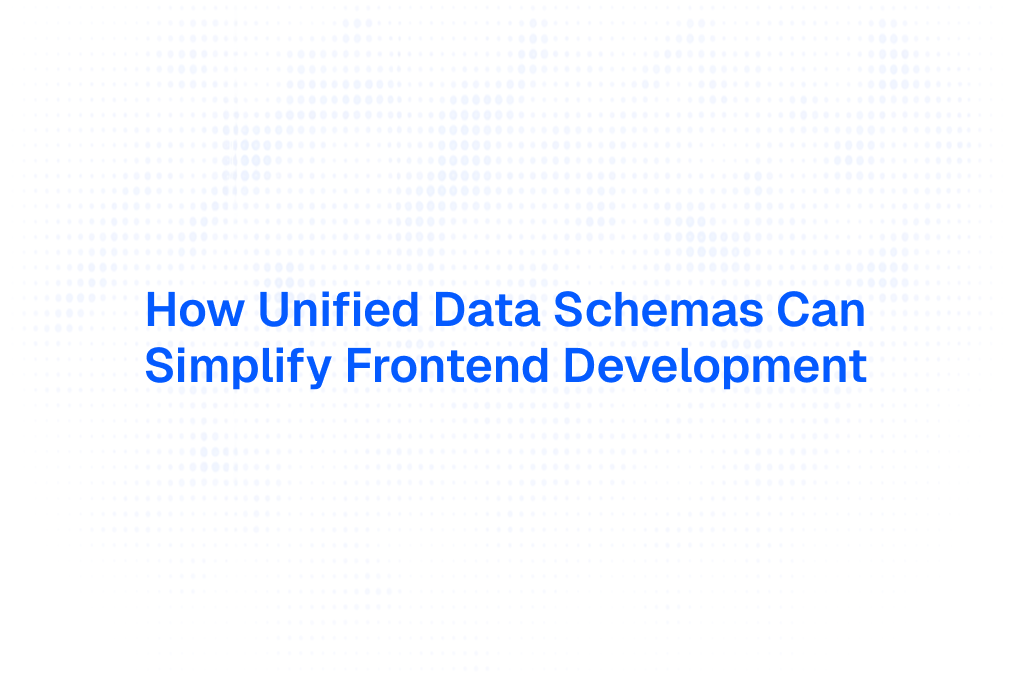Understanding Multi-Cloud RPC Routers
In the rapidly evolving landscape of cloud computing, organizations are increasingly adopting multi-cloud strategies to enhance flexibility, scalability, and resilience. A crucial component of this architecture is the Multi-Cloud RPC (Remote Procedure Call) Router, which facilitates communication between distributed services across different cloud environments. This article delves into the intricacies of multi-cloud RPC routers, their architecture, benefits, challenges, and best practices for implementation.
What is a Multi-Cloud RPC Router?
A Multi-Cloud RPC Router is a networking component that enables seamless communication between applications and services hosted on different cloud platforms. By abstracting the underlying complexities of various cloud environments, it allows developers to invoke remote services as if they were local, simplifying the integration process.
RPC is a protocol that allows a program to execute a procedure in another address space, commonly on a different server. In a multi-cloud setup, RPC routers manage the routing of these calls, ensuring that requests are directed to the appropriate service endpoint, regardless of where it resides—be it AWS, Azure, Google Cloud, or any other cloud provider.
Key Features of Multi-Cloud RPC Routers
- Protocol Agnosticism: Supports various communication protocols such as HTTP/2, gRPC, and REST, allowing for flexibility in service integration.
- Load Balancing: Distributes incoming requests across multiple instances of a service, enhancing performance and availability.
- Service Discovery: Automatically detects and registers services across different cloud environments, simplifying the management of service endpoints.
- Security Features: Implements authentication and encryption mechanisms to secure data in transit between services.
Benefits of Using a Multi-Cloud RPC Router
Adopting a multi-cloud RPC router can significantly enhance an organization's cloud strategy. Here are some of the primary benefits:

1. Enhanced Flexibility
Organizations can choose the best cloud services for their specific needs, avoiding vendor lock-in. A multi-cloud RPC router allows seamless integration of services from different providers, enabling businesses to leverage the strengths of each platform.
2. Improved Resilience
By distributing workloads across multiple cloud environments, organizations can achieve higher availability and fault tolerance. In the event of a service disruption in one cloud, the RPC router can redirect traffic to another cloud provider, ensuring continuous service delivery.
3. Optimized Performance
Multi-cloud RPC routers can intelligently route requests based on latency, load, and other performance metrics. This optimization leads to faster response times and a better overall user experience.
Challenges in Implementing Multi-Cloud RPC Routers
While the benefits are substantial, implementing a multi-cloud RPC router comes with its own set of challenges:

1. Complexity in Management
Managing multiple cloud environments can be complex, requiring robust monitoring and management tools. Organizations must ensure that their RPC routers are configured correctly to handle the intricacies of each cloud provider.
2. Security Concerns
With data traversing multiple cloud environments, security becomes a paramount concern. Organizations must implement stringent security measures to protect sensitive data during transmission and ensure compliance with regulations.
3. Cost Implications
While multi-cloud strategies can lead to cost savings, the implementation of RPC routers and the associated management tools can incur additional costs. Organizations need to evaluate the return on investment carefully.
Best Practices for Implementing Multi-Cloud RPC Routers
To maximize the benefits of multi-cloud RPC routers while mitigating challenges, organizations should adhere to the following best practices:
1. Choose the Right Tools
Select a multi-cloud RPC router that aligns with your organization's specific needs. Consider factors such as protocol support, scalability, and ease of integration with existing systems.
2. Implement Robust Security Measures
Ensure that all data transmitted between services is encrypted and that proper authentication mechanisms are in place. Regularly audit security protocols to identify and address vulnerabilities.
3. Monitor Performance Continuously
Utilize monitoring tools to track the performance of your multi-cloud RPC router. This will help identify bottlenecks, optimize routing decisions, and ensure that services are performing as expected.
Future Trends in Multi-Cloud RPC Routers
The landscape of cloud computing is constantly evolving, and several trends are emerging that will shape the future of multi-cloud RPC routers:

1. Increased Adoption of AI and Machine Learning
Artificial intelligence and machine learning technologies are being integrated into multi-cloud RPC routers to enhance decision-making processes. These technologies can analyze traffic patterns and optimize routing in real-time, improving performance and user experience.
2. Enhanced Interoperability
As organizations continue to adopt diverse cloud services, the demand for interoperability between different platforms will grow. Future multi-cloud RPC routers will likely focus on simplifying this interoperability, making it easier for organizations to integrate services across clouds.
3. Focus on Edge Computing
With the rise of IoT and edge computing, multi-cloud RPC routers will need to adapt to handle requests from edge devices efficiently. This will involve optimizing routing strategies to minimize latency and improve response times for edge applications.
Conclusion
Multi-cloud RPC routers play a vital role in enabling organizations to leverage the benefits of multi-cloud architectures. By facilitating seamless communication between services across different cloud environments, they enhance flexibility, resilience, and performance. However, organizations must navigate the complexities and challenges associated with implementation. By following best practices and staying informed about emerging trends, businesses can effectively harness the power of multi-cloud RPC routers to drive innovation and growth.
As you consider the advantages of multi-cloud RPC routers for your organization, remember that the right tools can make all the difference. Uniblock is here to streamline your Web3 infrastructure, offering a robust platform that simplifies the connection to blockchain data with unparalleled efficiency. Join the ranks of over 2,000 developers who trust Uniblock to manage their RPC, API, and webhook traffic across 100+ chains. Say goodbye to vendor lock-in and embrace the ease of a single API endpoint with Uniblock. Ready to elevate your development experience and scale with confidence? Start building with Uniblock today and unlock the full potential of your multi-cloud architecture.
.svg)

.png)




